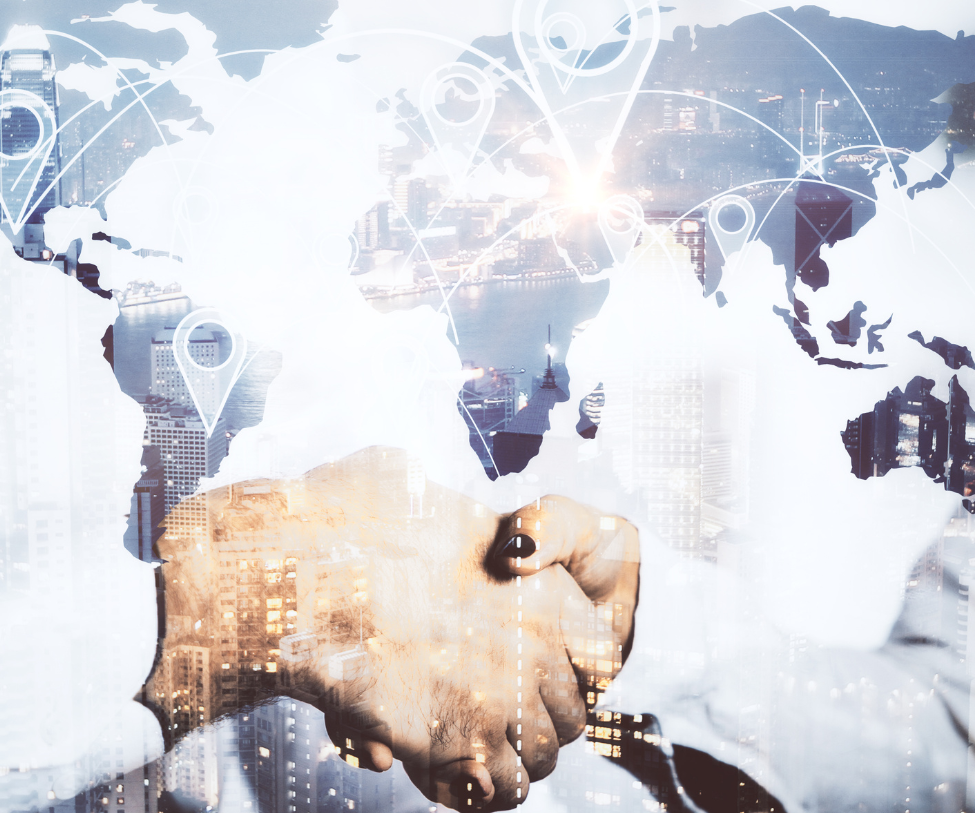In today’s complex geopolitical landscape, Artificial Intelligence (AI) is emerging as a pivotal tool in peace missions worldwide. International organizations, including the United Nations, are actively exploring how AI can contribute to conflict prevention, enhance the effectiveness of peacekeeping operations, and promote responsible global governance.
1. Conflict Prediction with Early Warning Systems
AI analyzes vast datasets, including satellite imagery and social media content, to detect early signs of instability. For instance, the African Union’s Continental Early Warning System (CEWS) integrates AI to monitor and assess security threats in real-time. This integration enables timely interventions, potentially preventing conflicts before they escalate.
2. Predictive Simulations for Operational Planning
AI facilitates the creation of predictive models that simulate complex scenarios, aiding peace mission planners in evaluating various strategies. These “digital twins” replicate operational environments and political dynamics, allowing for the testing of alternative strategies without real-world risks.
3. Intelligent Surveillance via Drones
Equipped with advanced sensors and computer vision, drones enable the monitoring of hard-to-reach areas, gathering vital information and ensuring the safety of peacekeeping personnel. This technological advancement enhances situational awareness and supports informed decision-making in conflict zones.
4. Media Monitoring and Combating Disinformation
In an era where information spreads rapidly through digital media, AI plays a crucial role in monitoring and analyzing online content to identify signs of hate speech, violent propaganda, or disinformation. Natural Language Processing (NLP) tools and machine learning algorithms can sift through large volumes of data from social media, blogs, and other platforms to detect emerging threats and mitigate their impact.
5. Automated Mediation and Translation to Facilitate Dialogue
Effective communication is essential for the success of peace missions, especially in multilingual and multicultural contexts. AI-driven translation and semantic analysis systems can bridge language barriers, enabling clearer communication between conflicting parties and facilitating mediation processes.
6. Ethics and Governance of AI in Peace Operations
The deployment of AI in peace missions raises significant ethical and governance challenges. It is imperative to ensure that these technologies are used responsibly, respecting human rights and international laws. The United Nations emphasizes the need for clear principles and guidelines to govern the use of AI in peace operations, ensuring transparency, accountability, and human oversight.
Conclusion
Artificial Intelligence offers substantial opportunities to enhance the effectiveness and efficiency of peace missions. However, it is essential to address the ethical and governance challenges associated with AI deployment, ensuring that these technologies are utilized equitably and justly, in full respect of human rights and international laws.
In a world where peace appears increasingly fragile, Artificial Intelligence emerges as the key to building bridges, not walls.


